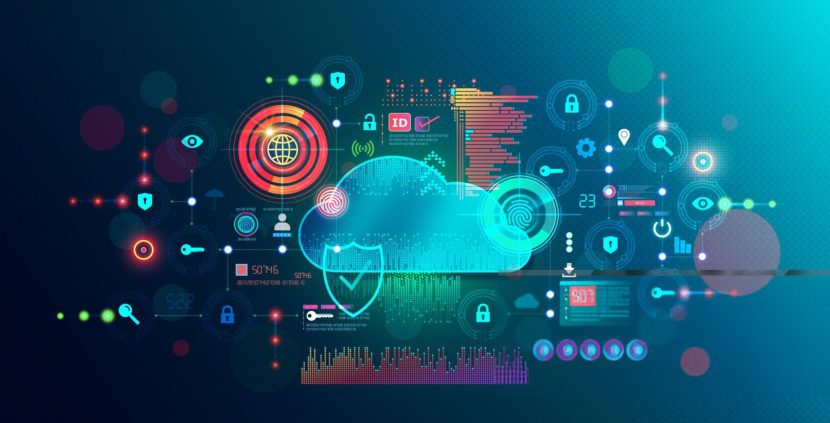In a world where data is king and speed is everything, edge computing is stepping into the spotlight—and it’s changing the game in a big way. If you’ve been hearing buzzwords like “real-time analytics,” “IoT,” and “latency,” edge computing is the powerhouse behind them. So, what exactly is it, and why is it making waves as the future of data processing? Let’s break it down.
Cloud computing has been great—storing and processing data in massive data centers far away from where it’s generated. Enter edge computing, where data is processed right where it’s created—at the “edge” of the network, on devices like smart sensors, cameras, or even your phone.
This shift isn’t just technical—it’s transformational. We’re talking faster decisions, better performance, and smarter systems. Here’s why everyone’s saying edge computing is the future.
Why it is the future
1. Drastic Reduction in Latency
Nobody likes to wait, especially machines. Edge computing processes data locally, which means less waiting around for cloud servers to respond. This is a huge deal for things like autonomous cars, drones, and robotics—where delays of even a second can have serious consequences.
2. Bandwidth Optimization
Sending all your data to the cloud can feel like forcing an elephant through a garden hose—it overwhelms the system and drives up costs. Edge computing changes that. It sends only the most important data to the cloud and processes the rest locally, saving both time and bandwidth.
3. Enhanced Data Security & Privacy
Worried about where your data is going? Edge computing helps keep things local, reducing the number of hands (and networks) your data passes through. That means fewer chances for it to get lost, stolen, or compromised. It’s a big win for privacy, especially in industries like healthcare and finance.
4. Reliability and Offline Functionality
What happens when the internet goes down? With cloud computing—nothing good. But edge computing lets devices continue working even when they’re offline. Whether it’s a smart factory in a remote location or a wearable health monitor, staying functional without Wi-Fi is a big bonus.

Also read – Undarstanding the cloud storage : pros and cons
5. Real-Time Decision Making
In some cases, waiting for data to go to the cloud and come back just isn’t fast enough. Think about a security system detecting a threat or a machine avoiding a collision. Edge computing allows these devices to act instantly—no delays, just action.
6. Built for the IoT World
Smart devices are everywhere—from thermostats to traffic lights—constantly generating massive amounts of data. Edge computing helps us make sense of it all. It keeps IoT systems running smoothly and allows them to scale without depending too heavily on the cloud.
7. Cost-Effective at Scale
More data = more cloud usage = higher costs. That’s where edge computing saves the day. By cutting down on the need to constantly send data to and from the cloud, companies save big on bandwidth and storage—especially as they grow.
8. Synergy with Emerging Tech
Edge computing doesn’t work alone—it teams up beautifully with technologies like AI, machine learning, and 5G. This powerful combo opens doors to innovations like smart cities, predictive maintenance, and real-time medical diagnostics. It’s the kind of future we’ve only seen in sci-fi—until now.
Final Thought
Edge computing isn’t here to replace the cloud—it’s here to enhance it. By bringing data processing closer to where it’s needed, it makes systems faster, smarter, more secure, and more cost-effective.
So whether you’re building the next big thing in tech or just trying to understand where the digital world is heading, one thing’s clear: the future is at the edge. And it’s looking pretty exciting.




